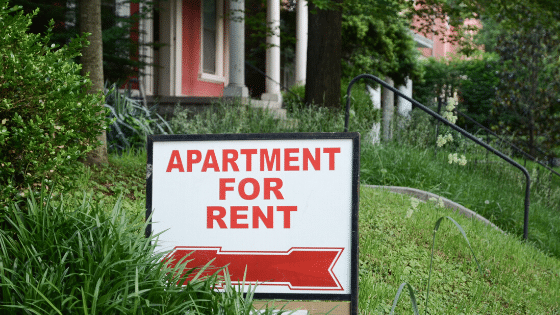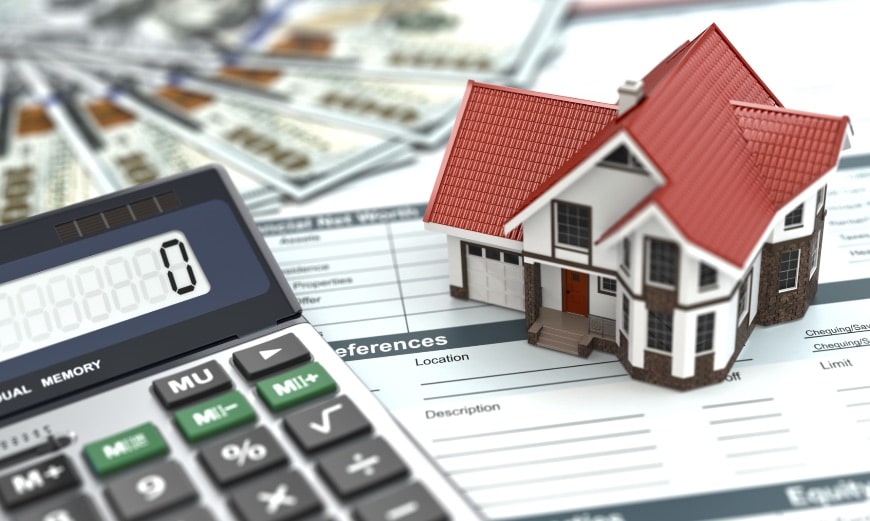House sharing is a great way for many people to generate a substantial income. When it comes to running your business, you probably have the hospitality part down, however as far as your taxes are concerned, if you’re like many successful hosts, you’ve got a bit to learn tax-wise. This is understandable, taxes elude most Americans, which is why most taxpayers choose to hire a tax advisor when their taxes get complicated. Understanding how the tax laws affect you and your business is important, especially when it comes to rental property tax deductions. After all, you want to keep more of your hard-earned income right?
We usually find that most of our clients have the same goal of using their rental properties as low-tax cash flowing assets. Below we cover typical deductions for Airbnb Hosts.
Taxes On Rental Income
If you are just getting started, you may be wondering what portion, if any of your rental income needs to be taxed. In general, the IRS wants all income reported. Income must be reported regardless of whether the rental is full-time or part-time. You must report all income unless you fall under the 14-day rule. The 14-day rule says you can rent up to 14 days per the calendar year without reporting your rental income.
How Is Rental Income Taxed
Rental income is generally considered passive income. However, in certain situations, it can be considered self-employment income, which is subject to additional taxes (which includes social security and medicare).
Gross earnings are not taxed. Only net income is subject to income taxes. Rental income only reflects net income. It does not include gross earnings or total revenue.
Pass-Through Income
Typically, income from your rentals or home-sharing is sourced from a Schedule E or Schedule C that shows all income and deductions to pass through to your personal tax return. This concept is referred to as “pass-thru” or “flow-through income” since it is taxed along with all your other income. This income is taxed based on your personal tax bracket. There are currently 7 different tax brackets, ranging from 10% to 37% of your taxable income.
So, the percentage you are taxed depends on how much you make from all sources of income, which make up your AGI (adjusted gross income). AGI includes wages, miscellaneous income, dividends, and interest income fewer deductions or adjustments. Then either the itemized or standard deduction is applied before arriving at taxable income. This is how your rental income (or flow-through income) is taxed, as a part of your total income.
Quarterly Taxes And Self Employed Taxes
In addition to income taxes, your rental income may require you to pay quarterly taxes and self-employment taxes. If you report your earnings on a Schedule C because you consider your rental an “active trade or business,” you are subject to self-employment taxes.
Quarterly taxes, also known as estimated taxes, are tax payments you make each quarter in lieu of employer withholdings. These tax payments are estimated based on your projected earnings. Self-employed taxes make up your portion and the employer portion of social security and Medicare taxes, and total 15.3% of net income. The silver lining is that you can deduct the employer portion on your taxes, or 7.65% from AGI. You can typically expect to owe estimated taxes and self-employed taxes if you anticipate owing more than $1,000 in taxes, in which case all payment should be made by January 15 in the year your taxes are due. You can make your tax payments online. Learn more about making tax payments online here.
Deductions help renters lower their taxable income. They lower your AGI and reduce your tax bill. Deductions can include any necessary expenses for running your business.
Tax Deductions For Rental Properties
Some common expenses qualify as rental property deductions. You can deduct insurance premiums, maintenance costs, travel expenses, subscriptions, marketing expenses, and service fees. Most expenses associated with your business are probably deductible.
Is Rent Tax Deductible?
Sometimes, You also can also deduct your rent. If your home is listed on Airbnb or VRBO, your rent payment is considered an ordinary and necessary business expense. Therefore, it qualifies as a rental property tax deduction. If you also live in your home, you can apportion your personal rent and business rent to determine the correct deduction.
Are Home Improvements Tax Deductible?
Home improvements make your property more enticing, so they are deductible expenses. So, if you repainted your home or purchased new furniture, deduct these costs on your taxes. Remember, improvements also need to be or depreciated over the years. If you spent $50,000 on a renovation, you can’t deduct the full amount on this year’s taxes. You have to divide the $50,000 expense by a number of years. See the Depreciation section below for additional details.
Are Property Taxes Deductible?
Homeowners can deduct property taxes from your business income. After the 2017 tax overhaul, the IRS limits property tax deductions to $10,000 or $5,000 if you are filing separately, on your taxes for personal property taxes (taxes paid for your home). However, if you rent your home on Airbnb, that limit does not apply to property taxes paid on behalf of the business. This usually avails a tax strategy for hosts who rent out their own home to split the property tax deduction between the itemized deduction and the business (Schedule C or E), whereby a host can split property taxes over $10,000 so that they don’t “lose” deductions.
In order to take this deduction, you must own the home and have paid property taxes. Deductions are not allowed for tax assessments that have not been paid yet. In addition, assessments that go to developing sidewalks, water systems, or sewer systems in your neighborhood are not tax-deductible.
Depreciation On Rental Property
As a business owner, you can also depreciate business expenses. You can depreciate the cost of your home or other large purchases over their useful lives. With depreciation, you can spread the tax benefits of asset expenses over time, so you don’t have to take the entire deduction upfront. There are several different depreciation methods. Ultimately, you should choose a method that works best for your financial goals. Discuss your options with a tax advisor.
Rental Property Deductions Checklist
Deducting rental property tax is relatively simple. First, get organized. Get your documents in order before meeting with a tax advisor. It will speed up the process and allows for more accurate tax preparation. Try and take these steps before meeting with your tax advisor:
- Determine if you are itemizing or taking the standard deduction
- Gather receipts and invoices. Also, file and categorize them throughout the year.
- Organize transaction records, including a detailed guest list.
- Gather financial reports, including profit-loss statements.
An organized accounting process helps streamline the tax process. Use a set procedure to track rental property tax deductions.
Deducting Rental Expenses
You have to spend money to make money. Fortunately, most ongoing expenses qualify as tax deductions. Every little bit helps you save, so track expenses carefully. Some common rental tax deductions include:
- Cleaning – Did you hire a cleaning company to clean your rental? Did you buy cleaning supplies?
- Furniture – Purchasing new furniture or improving or repairing existing furniture is deductible.
- Guest amenities – Do you have coffee available, soap, shampoo or any other consumables?
- HOA – Do you incur homeowners association dues or have to pay additional to list your property on a home-sharing platform?
- Homeowners insurance – Your homeowner’s insurance is also deductible.
- Improvements – Did you remodel the bathroom?
- Maintenance – Did you pay for a gardener or housekeeper?
- Marketing – These expenses include photography expenses or wages paid for a copywriter to improve your listing.
- Mortgage interest
- Mortgage/Rent – Deduct a portion of your rent or mortgage.
- Processing fees – You can deduct Airbnb and VRBO processing fees.
- Rental or commercial insurance – Airbnb’s insurance policy takes out extra money to cover unforeseen issues. You can deduct these insurance payments
- Repairs – Did you have to hire a plumber?
- Subscriptions – You can deduct the cost of a Netflix subscription for your guests. Also, deduct the cost of accounting software, like Quickbooks Online or Xero. You can write off any subscriptions that relate to your business.
- Supplies – Do you supply toiletries, toilet paper, sheets?
- Travel – You can deduct traveling expenses related to managing your business.
- Utilities – Consider your electricity, water, gas, and internet expenses.
Help With Rental Property Taxes
You should plan for taxes all year long. That includes planning for your rental property tax deductions. You also might want to time reporting income, purchases, savings, and retirement contributions. Staying organized and maintaining detailed transaction records is also important. In addition, you should track your income and expense tracking. Catalog all of your expenses so you can stay organized. A solid accounting process is crucial, it allows you to see how your business is performing financially. Ultimately, it’s up to you to maintain these records. You might need them if the IRS comes knocking.
A tax advisor can show you which rental tax deductions are right for you. In addition, an advisor can help track expenses and much more. Organization saves both time and money, so it’s a worthwhile investment. Set up a one-on-one strategy session with Shared Economy tax expert now. Click here to get started, or subscribe to our newsletter for free tax tips.
Related Articles
Tax Deadlines for Airbnb and VRBO Hosts
Escaping Airbnb Scrutiny – How To Protect Your Airbnb Business

